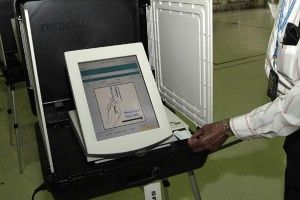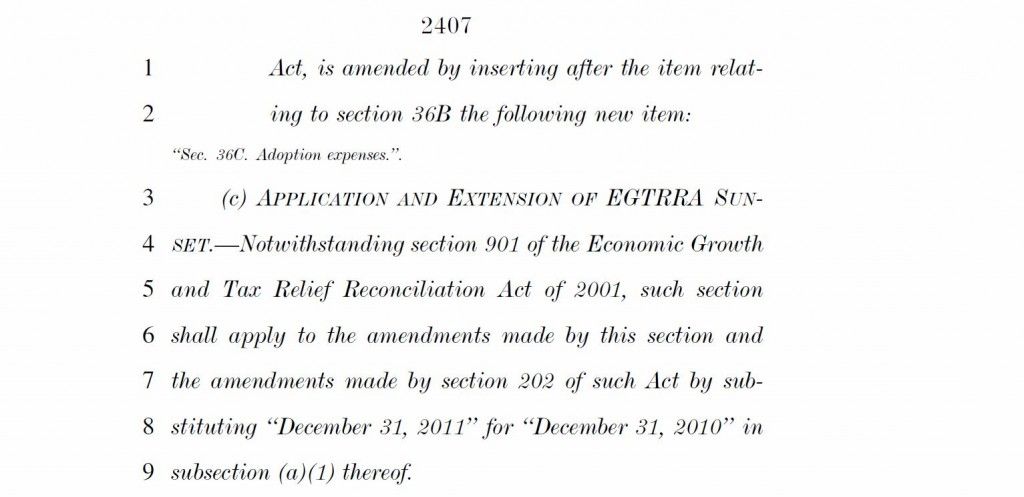Would canceling Obamacare be a blow to democracy?
by John Seiler | October 3, 2013 10:15 am
Three of our esteemed commentators insist that, if the U.S. House of Representatives somehow repeals major parts of Obamacare, doing so would undermine “democracy.”
essay writing services[1]
 [2]Thomas Friedman, New York Times columnist and famous author, titles his column, “Our Democracy Is at S[3]take”:
[2]Thomas Friedman, New York Times columnist and famous author, titles his column, “Our Democracy Is at S[3]take”:
This time is different. What is at stake in this government shutdown forced by a radical Tea Party minority is nothing less than the principle upon which our democracy is based: majority rule. President Obama must not give in to this hostage taking — not just because Obamacare is at stake, but because the future of how we govern ourselves is at stake.
He is echoed on CNN by two professors of government in an article titled, “GOP shutdown's extremism worst in U.S. history[4].” It's by Ellen Fitzpatrick, a professor of modern American history at the University of New Hampshire; and Theda Skocpol, [5]the Victor S. Thomas Professor of Government and Sociology at Harvard University, and director of the Scholars Strategy Network[6]. They echo Friedman:
The federal government shutdown is a virtually unprecedented move by a political minority committed to rolling back one of the most significant legislative achievements in recent American history. The Affordable Care Act of 2010 was passed by two houses of Congress after 14 months of debate. Opponents then challenged the law's constitutionality and lost that battle in the Supreme Court of the United States.
Less than five months later, American voters re-elected by a 5 million-vote majority margin[7] a president who stood foursquare behind the Affordable Care Act. In so doing, the electorate rejected a GOP presidential candidate who promised its repeal.
Apparently the democratic processes by which Americans make choices and govern themselves are not acceptable to extremists in the House of Representatives who seek to halt government or have their way. They would have Americans see their actions as a patriotic and high-minded defense of liberty. As the shutdown loomed, several GOP congressmen and analysts took to the airwaves to trivialize the significance of the House vote.
A republic, not a democracy
Actually, as these eminent commentators must know, the Founders did not establish a pure democracy, but a republic. The Supreme Court is appointed, not elected. U.S. senators are elected by state, not by population; California has 66 times as many people as Wyoming, but both states get only two senators. The president is not elected by majority vote, but by the Electoral College. The several states still retain at least some authority within from our national “democracy.”
But aside from those points, the authors' claim that the Tea Party's actions are “undemocratic” contradicts some obvious things. First, the U.S. House of Representatives is the most democratic part of the government because it is elected on the basis of population after the decennial U.S. Census. The Founders made it so all tax bills must originate in the House, the branch of government “closest to the people.”
If Obamacare could be implemented by democracy in the House in 2010, how is it any less “democratic” if it is repealed, in whole or part, by the House in 2013?
Second, Friedman and the two ladies insist that the Tea Party has become a tyranny overthrowing democracy. Actually, the Tea Party is an amorphous movement that has strong influence, at best, on 40 percent of GOP representatives and maybe 20 percent of GOP senators. And since the Republicans have a bit more than half the representation in the House, the Tea Party has, at most, influence over about 22 percent of all 435 representatives.
If the Tea Party members of Congress end up prevailing, it will be because they made convincing arguments, rallied support for their cause among the voters in other (non-Tea Party) districts, or both. In other words, if the Tea Party somehow wins, it will be through democratic action.
2,407 pages
Third, despite Friedman and the learned professors bringing up “democracy,” Obamacare, if implemented, actually will be beyond democracy — it will become another gargantuan bureaucracy implemented by faceless, undemocratic functionaries. The original implementing legislation in 2010 extended to 2,407 pages of unreadable governmentese. Here's a screen shot of p. 2407. See if even this snippet makes any sense to you. And if a government act doesn't make sense to regular voters — the demos — how can it be “democratic”?
 [8]
[8]
No wonder then-House Speaker Nancy Pelosi, D-San Francisco, famously said[9] just before Obamcare passed, “We have to pass the bill so you can find out what's in it.” How “democratic” was that? Perhaps Friedman and the professors can inform us. Here's the YouTube of Pelosi:
Bureaucracy
Fourth, the bureaucracy now is taking over and adding multiples more regulations[10], none approved by the Congress or the people of the United States:
When asked by CNSNews.com whether he had read all 10,535 pages of final Obamacare regulations that have so far been published in the Federal Register, Rep. Henry Waxman (D-Calif.) asked in return whether it was “important” the he read them, dismissed the inquiry as a “propaganda question,” and did not ultimately anwer.
CNSNews.com: “What I was going to ask you is if you've read those [10,535 pages] of regulations.”
Waxman said: “Have you read them?”
CNSNews.com: “No. Have you read them?”
How is it “democracy” when our legislators, and Waxman is no dummy, have no idea what is going on with laws they passed; laws which have turned loose a new bureaucracy to control our lives in an anti-democratic fashion?
- essay writing services: http://professional-writing-service.com/
- [Image]: http://calwatchdog.com/wp-content/uploads/2013/10/voting-machine-maryland-wikicommons.jpg
- Our Democracy Is at S: http://www.nytimes.com/2013/10/02/opinion/friedman-our-democracy-is-at-stake.html?src=me
- GOP shutdown's extremism worst in U.S. history: http://www.cnn.com/2013/10/02/opinion/fitzpatrick-skocpol-shutdown-extremism/index.html
- Theda Skocpol, : http://www.gov.harvard.edu/people/faculty/theda-skocpol
- Scholars Strategy Network: http://www.scholarsstrategynetwork.org/
- 5 million-vote majority margin: http://go.bloomberg.com/political-capital/2013-03-12/obama-5-million-vote-win-with-22-of-counties/
- [Image]: http://calwatchdog.com/wp-content/uploads/2013/10/Obamcare-p.-2407.jpg
- famously said: http://blog.heritage.org/2010/03/10/video-of-the-week-we-have-to-pass-the-bill-so-you-can-find-out-what-is-in-it/
- adding multiples more regulations: http://cnsnews.com/news/article/penny-starr/waxman-10535-pages-obamacare-regs-it-important-i-read-it
Source URL: https://calwatchdog.com/2013/10/03/would-canceling-obamacare-be-a-blow-to-democracy/